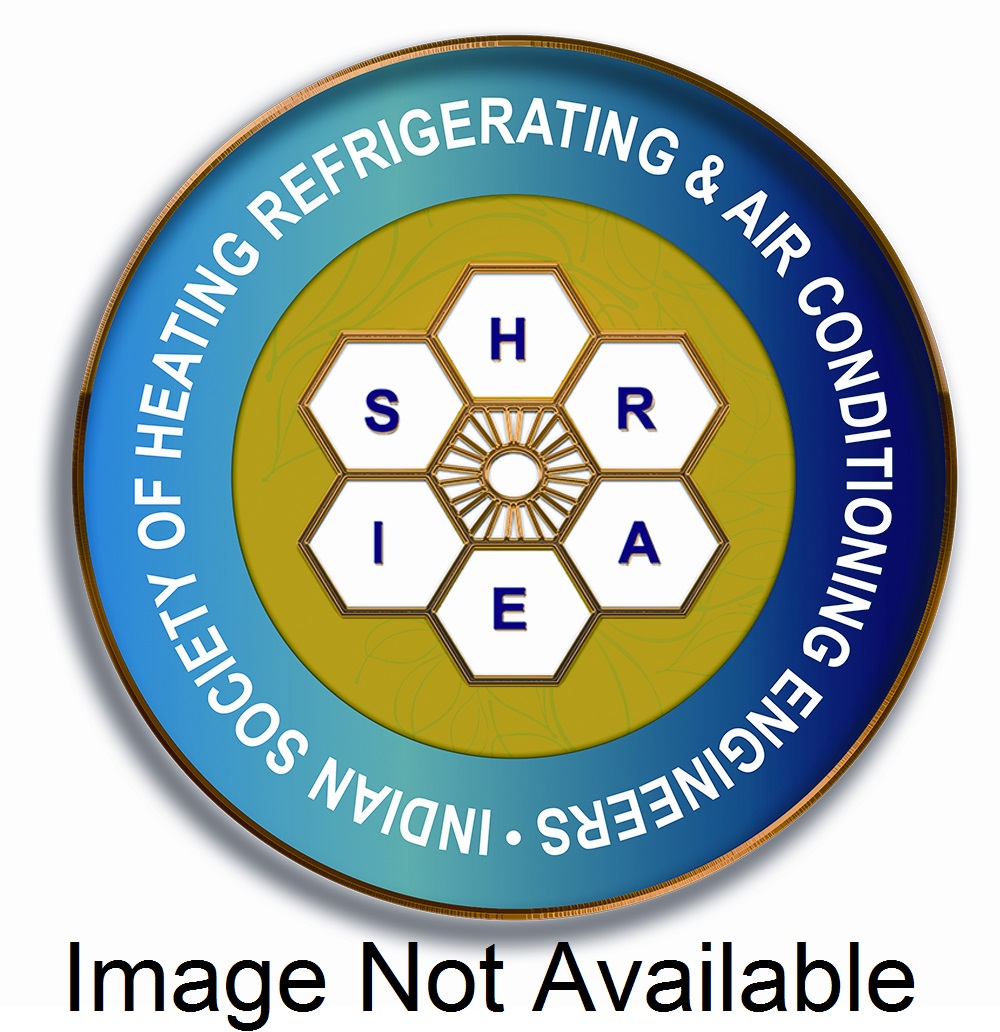CII-ITC Centre of Excellence for Sustainable Development organised its 12th Sustainability Summit, 2030 with the theme Driving Inclusive Growth, on September 6-7 in Delhi. ISHRAE participated in the Summit, represented by Ashwini Mehra.
There were two dedicated Sessions on Indo-EU Climate Change Conclave 2017 of interest to the HVAC&R Industry:
1. Green Cooling and Sustainable Refrigeration.
2. Steps Towards Developing Mid-Century Low Emission Strategies.
In the first Session the speakers were Cornelius Rhein, Policy Officer, European Commission, DG Climate Action; Marco Buoni, Vice-President – International Affairs, Air Conditioning and Refrigeration European Association (REHVA); Seemant Sharma, Director – Johnson Controls; and Dr. R. S. Agarwal, Emeritus Chair, Professor of Mechanical Engineering, IIT Delhi.
The Indian Panel highlighted the present status of the Industry. The key takeaways from the Conclave are:
1. In EU there is a mandatory certification requirement to handle all refrigerants. It is estimated that there are 5,00,000 such certified technicians in Europe.
2. The EU ‘F Gas Regulation’ addresses two key issues that are important from sustainability point of view:
• Leakage of refrigerants.
• Need to reduce the charge quantity of refrigerants.
3. It is estimated that under business-as-usual conditions, by the end of the century, the global temperature will rise 0.3°C-0.5°C, entirely on account of HFC usage. This needs to be reversed.
4. Post Kigali, the entire world is looking for sustainable Green technologies to address challenges related to cooling.
5. In India, the penetration of air conditioning is estimated to be only 4%, but the rate of growth of the industry is in double digits, hence HFC phase-down is necessary.
6. Efforts are being made to reduce cooling loads, increase energy efficiency, use low GWP refrigerants and bring about lifestyle changes, e.g. increase set temperatures in space cooling to 25°C-27°C, to reduce energy usage and HFC consumption.
7. To reduce emissions, attempts are being made to look for renewable technologies to decarbonize electricity generation.
8. Studies are pointing towards a linkup between climate change and health, which is further pushing the need to reduce usage of fossil fuels and the consequent emissions.
9. India’s per capita power consumption is estimated at 800 kWh/ annum compared to the global estimate of 3,044 kWh, but as the purchasing power of a large section of Indian society is low, it distorts the situation and at times we have surplus power availability in the midst of an overall power shortage.
10. There is an international trend towards adoption of natural refrigerants; in particular, increase in the usage of carbon dioxide, ammonia and hydrocarbons.
Disclaimer: The information provided within this publication / eBook/ content is for general informational purposes only. While we try to keep the information up-to-date and correct, there are no representations or warranties, express or implied, about the completeness, accuracy, reliability, suitability or availability with respect to the information, products, services, or related graphics contained in this publication / eBook/ content for any purpose. Any use of this information is at your own risk.
 Youth
Youth
 Women
Women
 Research for Ishrae
Research for Ishrae







